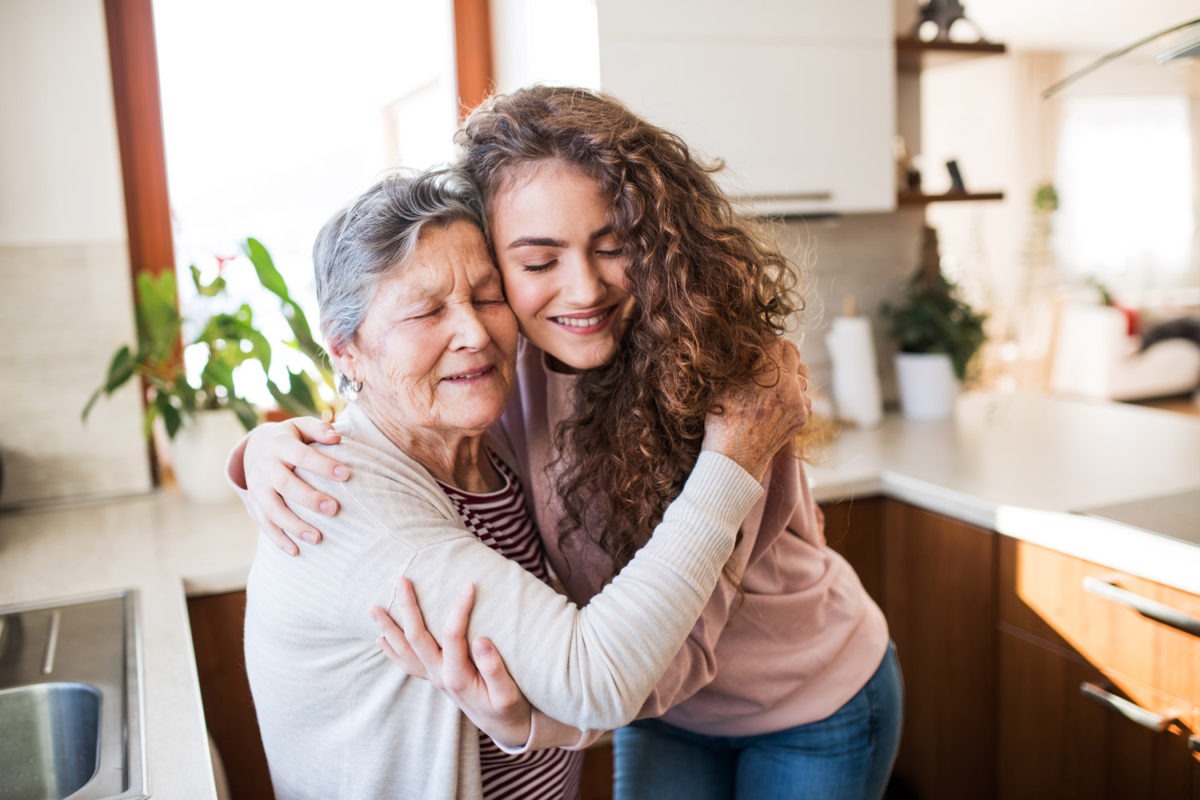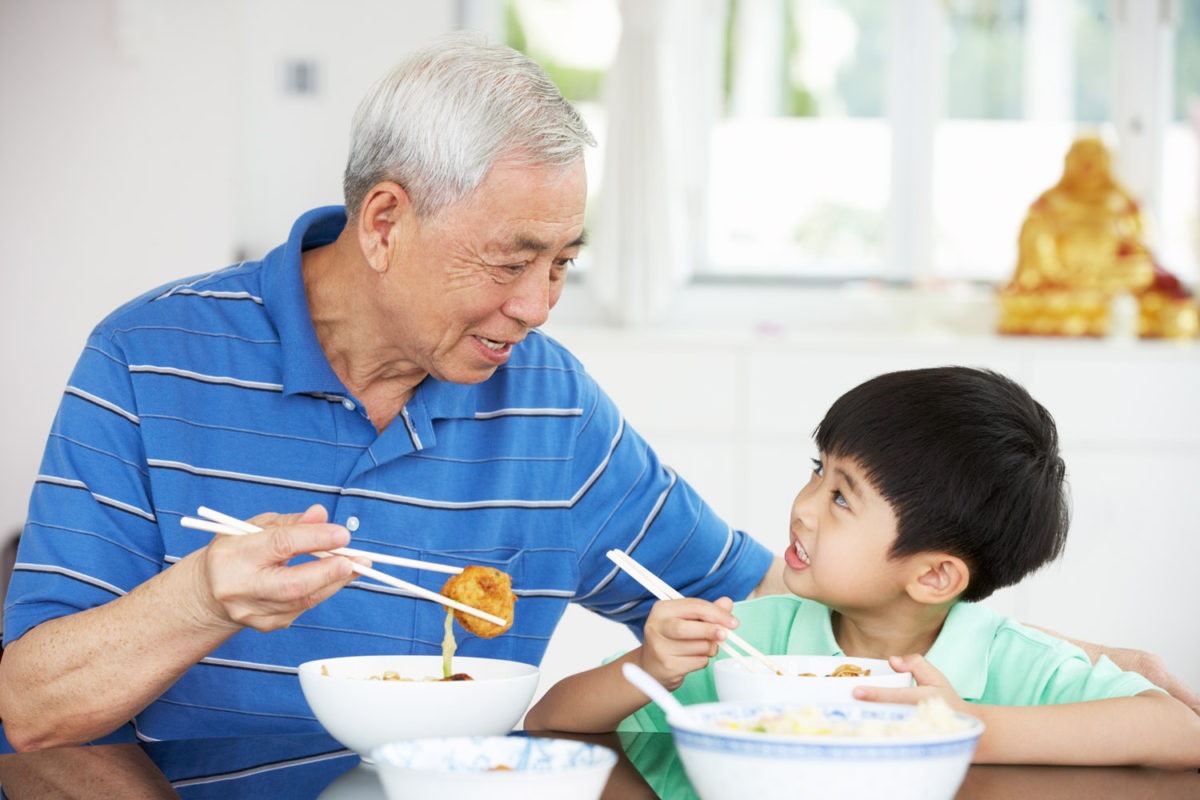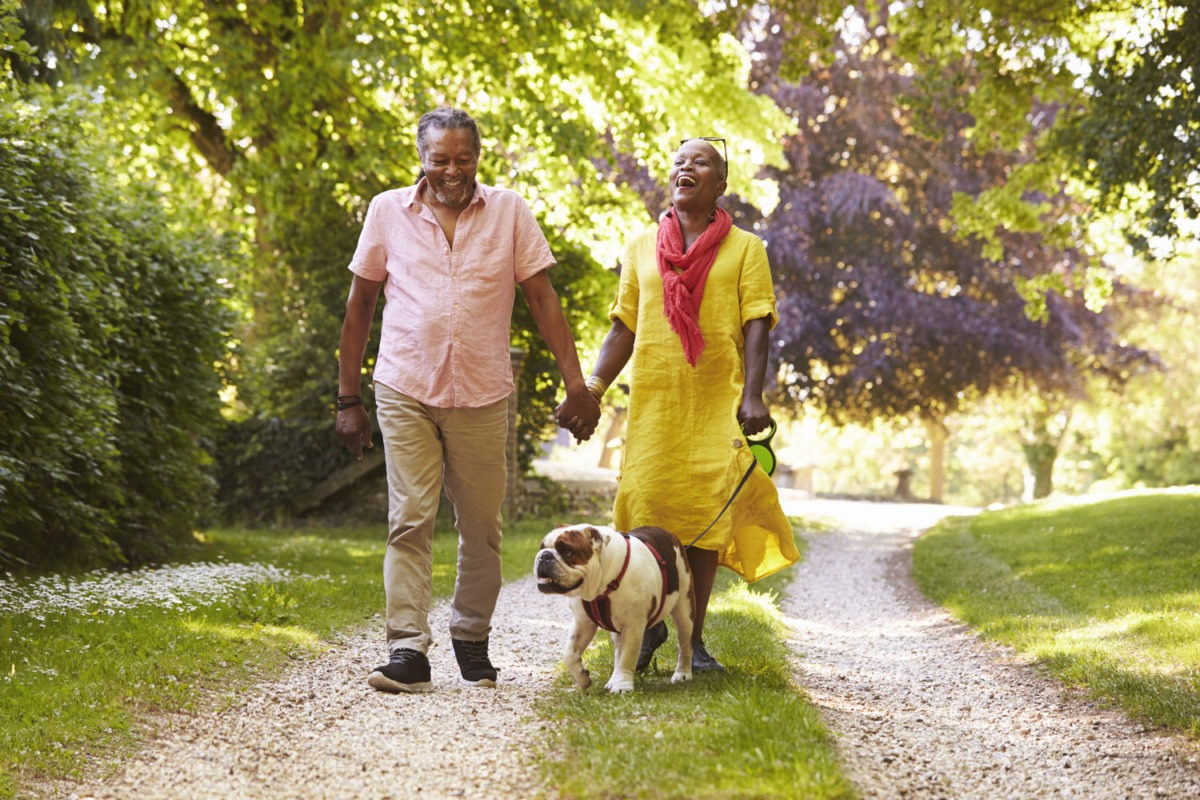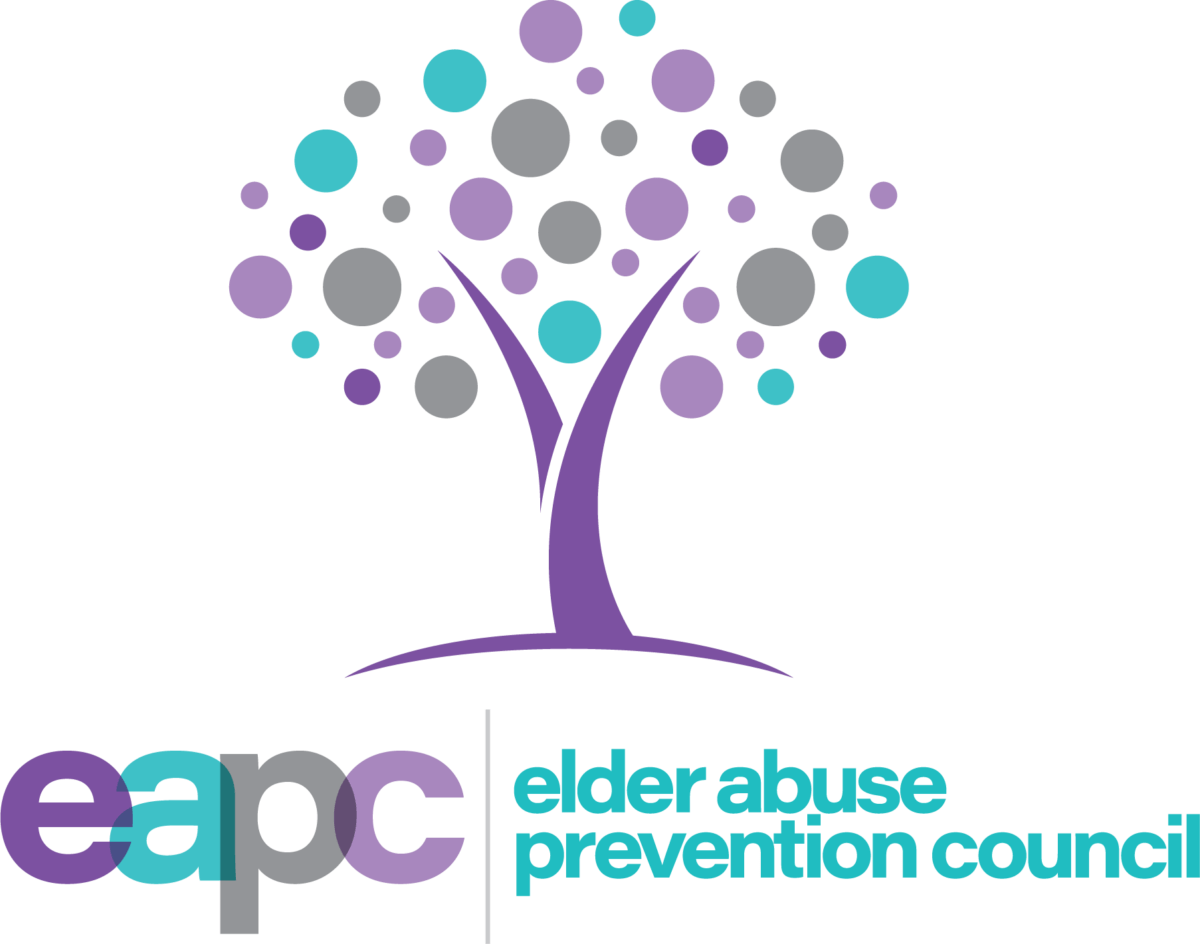Underlying social conditions and systemic factors can increase the risk of elder abuse. As such elder abuse is our collective responsibility. Whether you’re an older adult, a caregiver, a family member, a community member or an organization, we can all do our part in creating safer and better communities for older adults.
Education, awareness, social connections, caregiver support and empowerment of older adults are our best defense against elder abuse. Here are some ways you can help:
What Older Adults Can Do
- Staying socially connected with family, friends and the community
- Staying active, volunteering
- Learning about services for older adults
- Knowing your rights and learning about elder abuse
- Using secure financial practices and putting safeguards in place
What Loved Ones Can Do
- Checking in with the older adult in your life on a regular basis
- Build trust and rapport
- Helping the older adult stay physically and socially active
- Providing support to the primary caregiver
- Learning about elder abuse, the risk factors and warning signs
- Promoting secure financial practices and putting safeguards in place
What Caregivers Can Do
- Learning about elder abuse, the risk factors and warning signs
- Taking care of their physical and mental health
- Asking for support from family, friends, coworkers, agencies, etc.
- Joining a support group for caregivers
- Seeking medical support when feeling overwhelm, anxiety or depression
What Community Members Can Do
- Learning about elder abuse, the risk factors and warning signs
- Learning about available elder support services
- Getting involved in elder abuse prevention network
- Staying connected with seniors in your community
What Organizations Can Do
- Providing staff training about elder abuse
- Offering support groups or counselling services to staff and older adults
- Using safe hiring practices
- Learning about community support services



Keep reading…


